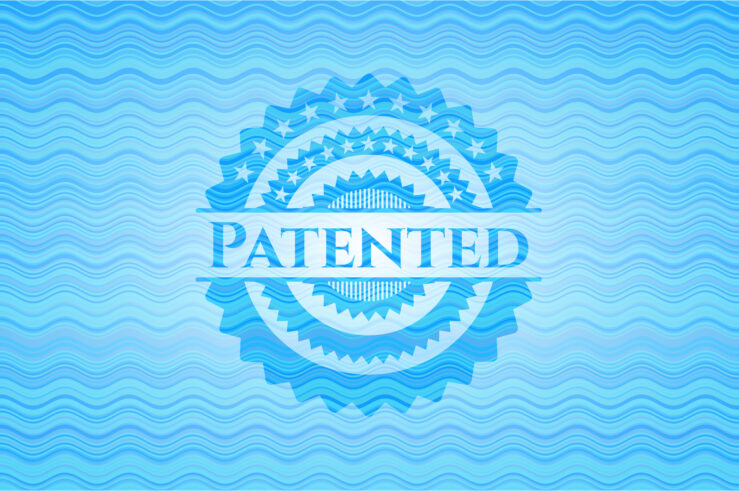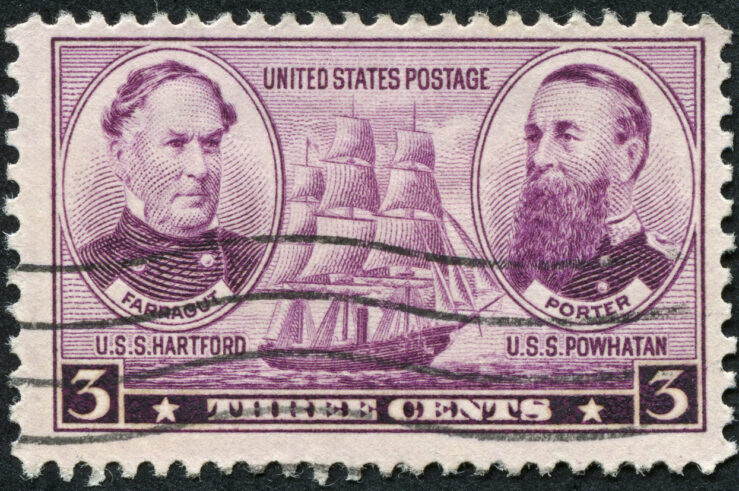Patent Pools, Innovation, and Antitrust Policy
Late last month, 25 former judges and government officials, legal academics and economists who are experts in antitrust and intellectual property law submitted a letter to Assistant Attorney General Jonathan Kanter in support of the U.S. Justice Department’s (DOJ) July 2020 Avanci business-review letter (ABRL) dealing with patent pools. The pro-Avanci letter was offered in ... Patent Pools, Innovation, and Antitrust Policy
The New FTC Section 5 Policy Statement: Full of Sound and Fury, Signifying Nothing?
The Federal Trade Commission’s (FTC) Nov. 10 Policy Statement Regarding the Scope of Unfair Methods of Competition Under Section 5 of the Federal Trade Commission Act—adopted by a 3-1 vote, with Commissioner Christine Wilson issuing a dissenting statement—holds out the prospect of dramatic new enforcement initiatives going far beyond anything the FTC has done in ... The New FTC Section 5 Policy Statement: Full of Sound and Fury, Signifying Nothing?
Noah Phillips’ Major Contribution to IP-Antitrust Law: The 1-800 Contacts Case
Recently departed Federal Trade Commission (FTC) Commissioner Noah Phillips has been rightly praised as “a powerful voice during his four-year tenure at the FTC, advocating for rational antitrust enforcement and against populist antitrust that derails the fair yet disruptive process of competition.” The FTC will miss his trenchant analysis and collegiality, now that he has ... Noah Phillips’ Major Contribution to IP-Antitrust Law: The <em>1-800 Contacts</em> Case
FTC on the Gig Economy: The Glass is Almost Empty
The business press generally describes the gig economy that has sprung up around digital platforms like Uber and TaskRabbit as a beneficial phenomenon, “a glass that is almost full.” The gig economy “is an economy that operates flexibly, involving the exchange of labor and resources through digital platforms that actively facilitate buyer and seller matching.” ... FTC on the Gig Economy: The Glass is Almost Empty
Damn the Economics, Full Speed Ahead!
A White House administration typically announces major new antitrust initiatives in the fall and spring, and this year is no exception. Senior Biden administration officials kicked off the fall season at Fordham Law School (more on that below) by shedding additional light on their plans to expand the accepted scope of antitrust enforcement. Their aggressive ... Damn the Economics, Full Speed Ahead!
The FTC’s Pre-Acquisition Review Requirement for All Meta Deals: Hyper-Regulatory, Anti-Free Market, Anti-Rule of Law, and Anti-Consumer
The Federal Trade Commission (FTC) wants to review in advance all future acquisitions by Facebook parent Meta Platforms. According to a Sept. 2 Bloomberg report, in connection with its challenge to Meta’s acquisition of fitness-app maker Within Unlimited, the commission “has asked its in-house court to force both Meta and [Meta CEO Mark] Zuckerberg to ... The FTC’s Pre-Acquisition Review Requirement for All Meta Deals: Hyper-Regulatory, Anti-Free Market, Anti-Rule of Law, and Anti-Consumer
Potential Rulemaking on Commercial Surveillance and Data Security: The FTC Must Use Cost-Benefit Analysis
The Federal Trade Commission’s (FTC) Aug. 22 Advance Notice of Proposed Rulemaking on Commercial Surveillance and Data Security (ANPRM) is breathtaking in its scope. For an overview summary, see this Aug. 11 FTC press release. In their dissenting statements opposing ANPRM’s release, Commissioners Noah Phillips and Christine Wilson expertly lay bare the notice’s serious deficiencies. ... Potential Rulemaking on Commercial Surveillance and Data Security: The FTC Must Use Cost-Benefit Analysis
The Bitter Fruits of Federal Antitrust ‘Reform’ Legislation
Much ink has been spilled regarding the potential harm to the economy and to the rule of law that could stem from enactment of the primary federal antitrust legislative proposal, the American Innovation and Choice Online Act (AICOA) (see here). AICOA proponents, of course, would beg to differ, emphasizing the purported procompetitive benefits of limiting ... The Bitter Fruits of Federal Antitrust ‘Reform’ Legislation
Patent Eligibility, Competition, Innovation, Congress, and the Supreme Court
A highly competitive economy is characterized by strong, legally respected property rights. A failure to afford legal protection to certain types of property will reduce individual incentives to participate in market transactions, thereby reducing the effectiveness of market competition. As the great economist Armen Alchian put it, “[w]ell-defined and well-protected property rights replace competition by ... Patent Eligibility, Competition, Innovation, Congress, and the Supreme Court
Why FTC Competition Rulemaking Likely Will Fail
I. Introduction In over a century of existence, the U.S. Federal Trade Commission (FTC) has been a policy leader in developing American thinking about and in enforcing antitrust and consumer protection laws pursuant to several specific statutory mandates. It has also promulgated a substantial number of consumer protection rules, dealing with a wide variety of practices. ... Why FTC Competition Rulemaking Likely Will Fail
AICOA: An Affront to the Rule of Law
The fate of the badly misnamed American Innovation and Choice Online Act, S. 2992 (AICOA), may be decided by the August congressional recess. AICOA’s serious flaws have been ably dissected by numerous commentators (see, for example, here, here, here, and here). Moreover, respected former senior Democratic antitrust enforcers who have advocated more aggressive antitrust enforcement ... AICOA: An Affront to the Rule of Law
DOJ’s Threatened Reign of Error: Proposed Criminal-Monopolization Prosecutions
The Biden administration’s antitrust reign of error continues apace. The U.S. Justice Department’s (DOJ) Antitrust Division has indicated in recent months that criminal prosecutions may be forthcoming under Section 2 of the Sherman Antitrust Act, but refuses to provide any guidance regarding enforcement criteria. Earlier this month, Deputy Assistant Attorney General Richard Powers stated that ... DOJ’s Threatened Reign of Error: Proposed Criminal-Monopolization Prosecutions
















